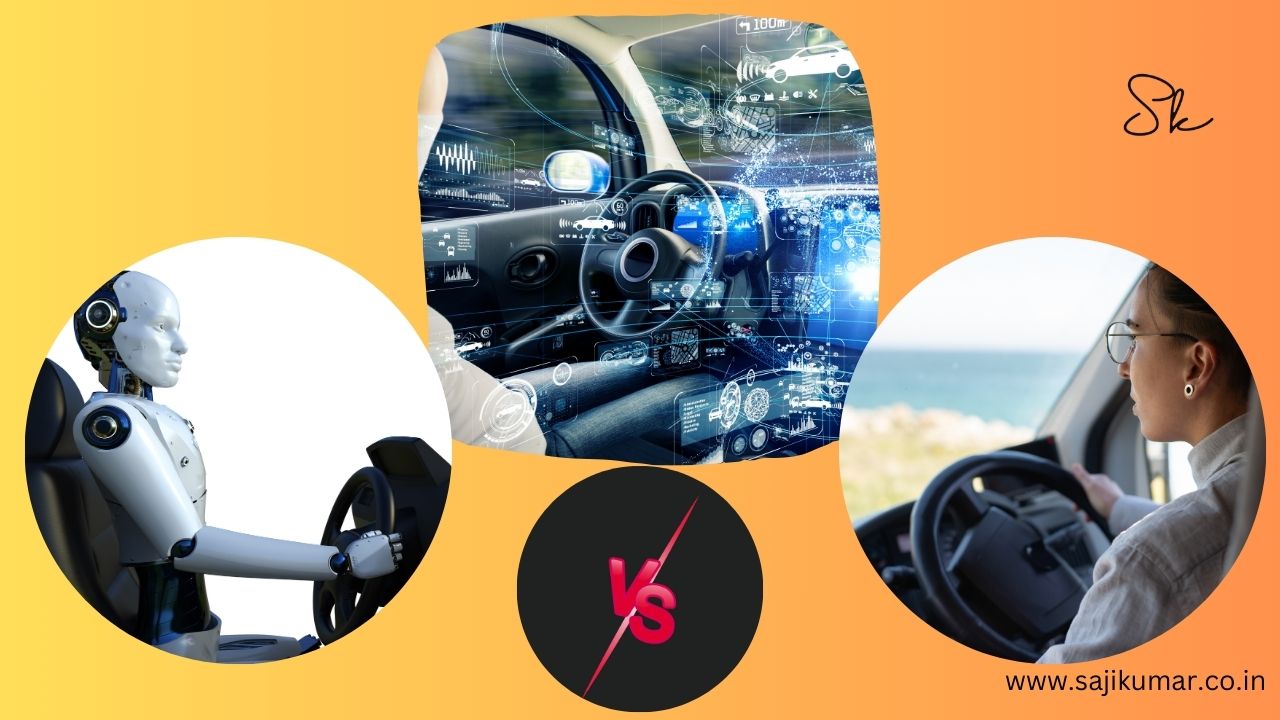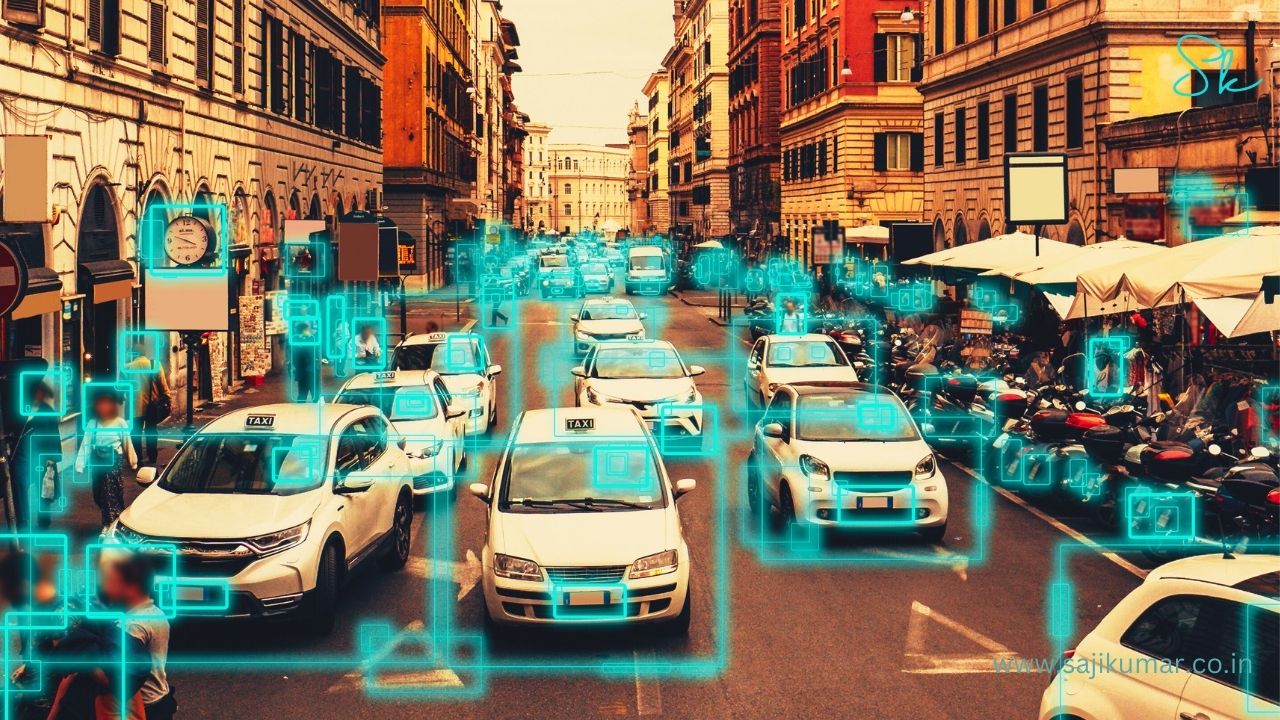"AI on Wheels: Revolutionizing the Road Ahead"
Oct 23, 2024
AI-driven driverless cars can never be safe since they cannot see anything that they are not trained in. No algorithm can set in on an AI to read anything as precisely as human brains read. It is a challenge for the carmaker, a game that may cost Tesla its brand equity - an ordeal with less chance to win over nature.
The US government has once again ordered an inquiry into Tesla, after an AI-controlled-car accident that struck a pedestrian. It is the fourth accident. While driverless cars are becoming increasingly common on American roads, there is a concern that this trend may lead to more serious consequences. The governments should reconsider allowing driverless cars to ply the highways and the Monopoly of AI. The United States, which gives extra care to citizens’ lives, is known to have a highly stringent safety standard - as if the rest of the world gives lesser importance to this aspect.
The human brain operates with spontaneity, as it is not a machine. That is the human sense. This capability is inherent and varies according to situations and circumstances. Unlike a computer, our brains are not pre-set, even if we hold prejudiced thoughts; these perceptions change based on context. This situation often dictates how our brains respond. AI is a product of human development, not of nature or supercomputing origins. It is built in response to the current and future demands. I am sure the algorithms will continue to be updated and upgraded according to emerging needs. Otherwise, there would be no market demand for them. Corporate entities recognise the opportunities available through constant changes and upgrades.

Tesla's cars are among the most advanced and modern vehicles available anywhere in the world. That has made Elon Musk one of the wealthiest individuals globally. This exclusivity is also why he is not promoting his cars in third-world countries. He is keen to build high demand for his cars with exclusivity in the home market. However, he may need to alter this strategy if the US faces a recession; without discovering new markets, it may be challenging for him to sustain his position. For now, he remains ahead of the curve but is not sure for how long.
The car faces challenges due to drastic climate changes, as weather patterns vary greatly from place to place. Its reliance on powerful cameras makes it vulnerable to sudden weather changes such as storms or floods, and it faces additional challenges regarding self-decision-making and judgment. Here is the difference between natural human sense and artificial intelligence. AI cannot judge and act if the situation is different from what it was taught. The unstable climate makes its task a bit unpredictable.
In such circumstances, a critical question remains: who is responsible for the accidents - the Tesla, the car, the owner or the car itself?

As humans, we are blessed with many advantages, particularly our brains. However, by introducing unnecessary complications into our lives, we risk undermining these advantages. First and foremost, AI cannot and should not replace humans. Companies like Tesla are pushing technology in a direction that may ultimately work against human interests, and unfortunately, we tend to support these corporate establishments. AI-based cars could become burdens for their manufacturers, and the challenges of road conditions may not be adequately met. When one side has AI managing the car and the other side has a human driver, conflicts are inevitable. Judgment becomes a significant issue, and many challenges remain unresolved. While AI holds the potential to harm, it cannot ultimately replace humans—that much is certain. Tech giants designed AI to assist humans, but it has often resulted in complications rather than solutions. If this trajectory continues, countless drivers may face joblessness shortly.

SAJIKUMAR
https://sajikumar.co.in/
Share
Comments
